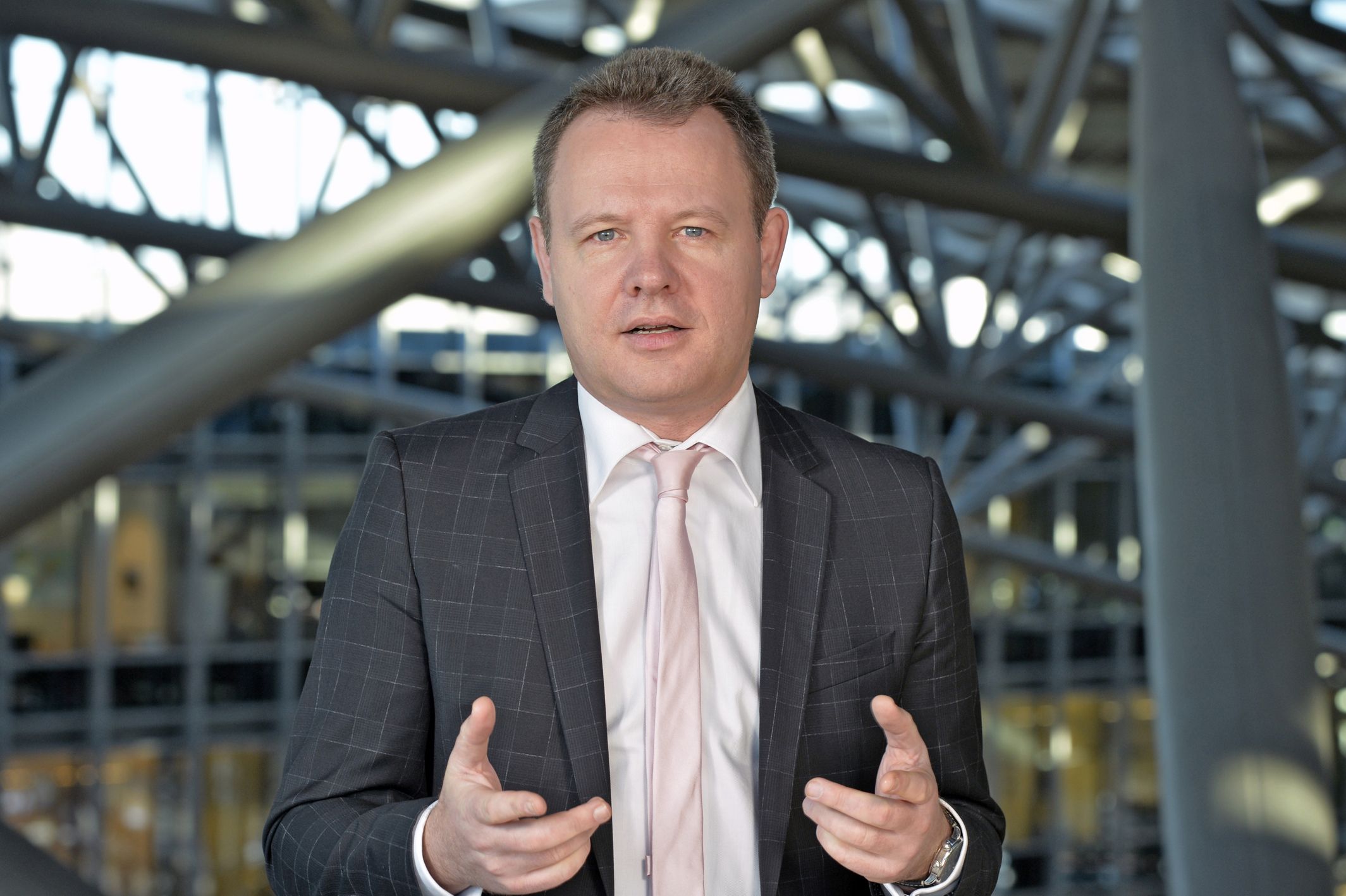Good, but not good enough. This is the Danish Foreign Ministry’s assessment of trade with Germany.
Germany offers a market of 80 million consumers, while its geographical proximity and membership of the EU makes it easily accessible. It is already Denmark’s biggest trading partner but, according to the ministry, there is still a vast resource of untapped potential in trade relations with Germany.
In 2013, the value of Danish exports to Germany was just 1,300 kroner per capita, compared to 8,000 kroner for every Swede.
What’s more, there is great disparity between exports to the northern and southern regions of the country (between 7,000 and 8,000 kroner for every inhabitant in the north, and just 500 kroner in the south).
Hard country to break
In addition to its size and location, it is an attractive market because of its growing economy and the massive extent of its industry and exports (see factfile).
However, according to Reiner Perau, the CEO of the Danish-German Chamber of Commerce, this is exactly why Germany can be a hard country to break into.
“The German economy is doing fine and consumer confidence is very high, and Danish consumer goods companies should thrive there,” he said.
“But competition in Germany is very intense. It’s the biggest market in Europe so all the companies want to be there.”
First stop in Europe
When Perau says all the companies, he means the whole world’s.
“When Japanese or American companies want to expand into Europe they start in Germany,” he explained.
“A Danish newspaper recently asked Danish CEOs what the toughest market was and they said Germany. I can confirm this.”
But tendencies in German society and politics mean that certain Danish firms are particularly well-placed for trade.
“Energy companies have great opportunities,” said Perau. “Germany wants to have greener energy and more efficient energy and Danish companies are very good at that.”
The federal government has an ambitious goal of phasing out nuclear energy by 2022 and generating 35 percent of its energy from renewable sources by 2020.
Building relations
Nikolaj Fredsted, the head of the trade department at the Danish embassy in Berlin, told Eksportfokus, the Foreign Ministry’s export magazine, that Danish companies hoping to crack the German market have to be patient.
“Relationships are important,” he said. “Germans need to be tended to and you need to build up trust with German trade partners. It can easily take half a year, a year or even longer before the first order.”
Uncertainty avoidance
While he considers the cultures to be similar, Perau highlights differences between the two mentalities that Danish businessmen should be aware of before heading south of the border.
“The business culture is slightly different in Germany,” he warned.
“Germans are rather formal, while Danes are more relaxed. Germans want to avoid uncertainty as much as possible and therefore plan ahead with great care. Danes are not afraid of uncertainty and are therefore more willing to improvise. If I were to give advice to a Danish businessman planning to do business in Germany for the first time, I would have three tips: prepare, prepare, prepare.”
Mutual respect
But Perau is of the opinion that Danes and Germans are very compatible.
“They value directness and say what they mean,” he said.
“The impression I have is that Germans have a lot of respect for Danes and Danes have a lot of respect for Germans. That makes it rather easy to do business.”















